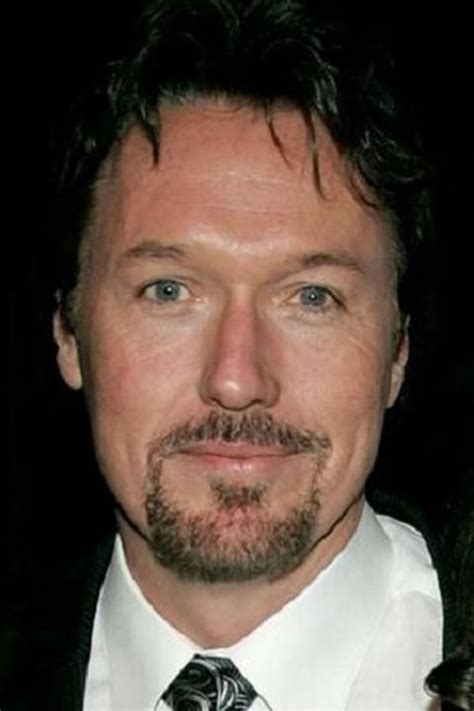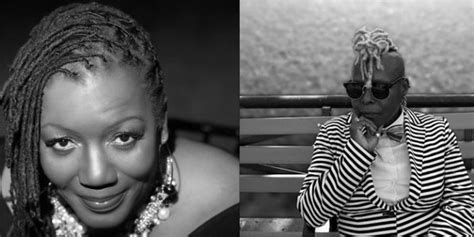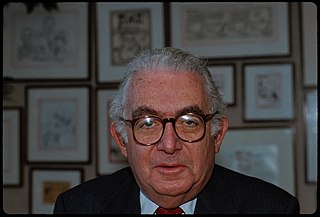A Quote by Thomas Griffith
Journalism constructs momentarily arrested equilibriums and gives disorder an implied order. That is already two steps from reality.
Quote Topics
Related Quotes
In the same manner, having been reduced by disorder, and sunk to their utmost state of depression, unable to descend lower, they, of necessity, reascend; and thus from good they gradually decline to evil, and from evil again return to good. The reason is, that valor produces peace; peace, repose; repose, disorder; disorder, ruin; so from disorder order springs; from order virtue, and from this, glory and good fortune.
The house has to be clean and in order because I have to be able to sift through the creative disorder in my mind. The mental disorder that I'm exploring has to bounce off the walls. It has to go in and out of different rooms. If the room is not in order, then I can't distinguish which is which, and that really drives me crazy.
The three most ancient opinions concerning God are Anarchia, Polyarchia, and Monarchia. The first two are the sport of the children of Hellas, and may they continue to be so. For Anarchy is a thing without order; and the Rule of Many is factious, and thus anarchical, and thus disorderly. For both these tend to the same thing, namely disorder; and this to dissolution, for disorder is the first step to dissolution. But Monarchy is what we hold in honor.


































